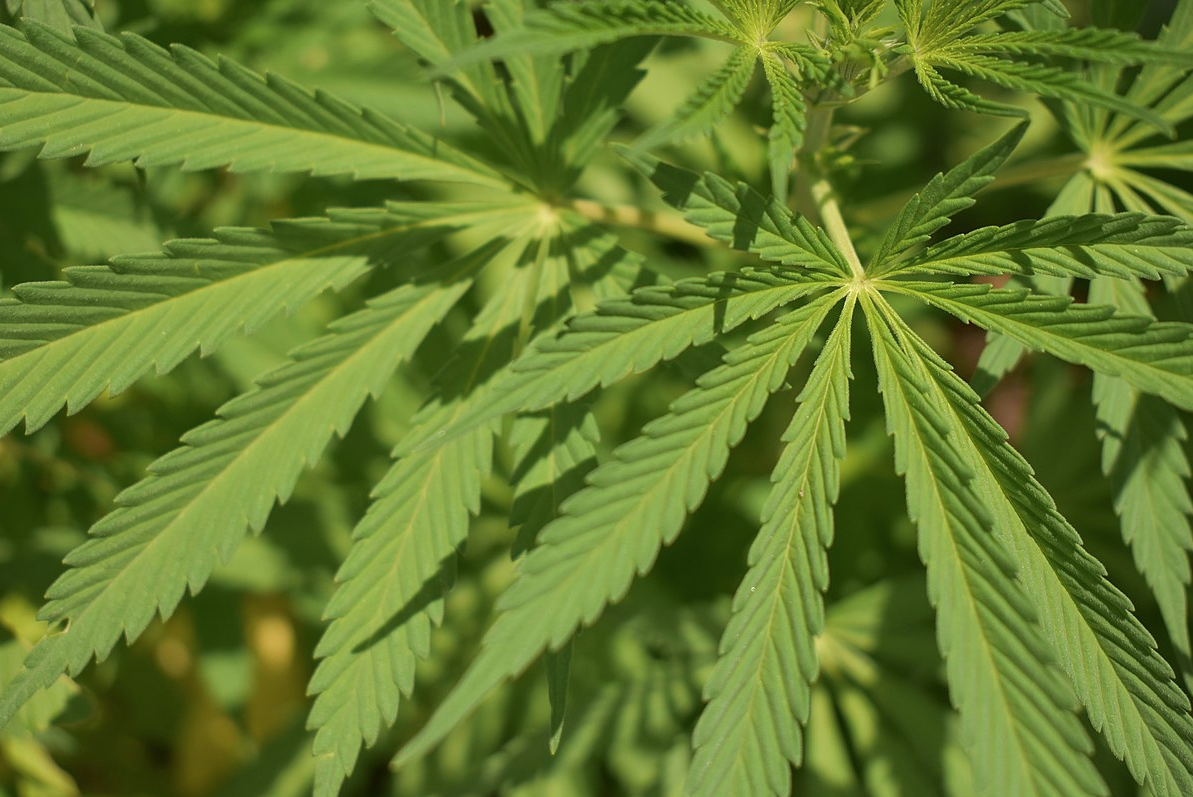
This article caught my eye:
In 2014, Oregon voters approved a ballot measure legalizing recreational marijuana after being told it would eliminate problems caused by “uncontrolled manufacture” of the drug. Illegal production of marijuana has instead exploded.
There is a simple way to get rid of the problem of illegally grown marijuana. Legalize it.
Some states have placed so many restrictions on the legal production of marijuana that it is actually cheaper to grow pot illegally. That defeats the purpose of legalization. No state is perfect, but Oklahoma probably has the least bad regulatory regime.
You might assume that the problem is high taxes on marijuana. But that doesn’t seem to be the case. Cigarette taxes are often even higher than taxes on marijuana, and yet the illegal production of tobacco is much less of a problem. Unlike with marijuana, banks are allowed to do business with cigarette producers and retailers. There is broad bipartisan support in Congress for fixing this issue:
The House has approved cannabis banking reform more than half a dozen times, including an April 2021 vote in which the SAFE Banking Act attracted the support of 215 Democrats and 106 Republicans. The Senate version has 42 co-sponsors, including nine Republicans.
But that doesn’t mean much, as Congress is not an institution that makes decisions based on majority vote:
Senate Majority Leader Chuck Schumer (D–N.Y.) this week blamed Republicans for preventing Congress from approving marijuana banking reform by opposing its inclusion in the omnibus spending bill that was unveiled on Tuesday. That was a pretty audacious excuse, since Schumer himself has a history of blocking the SAFE Banking Act, which would make it easier for state-licensed marijuana businesses to access financial services by removing the threat of civil, criminal, and regulatory penalties for banks that assist the cannabis industry.
Sen. Tom Cotton (R–Ark.) displayed a different kind of chutzpah yesterday when he single-handedly stopped the Senate from considering the EQUAL Act, which would eliminate the irrational penal distinction between the smoked and snorted versions of cocaine.
Note that penalties on smoked forms of cocaine are higher than for snorted cocaine, because the former is disproportionately consumed by African-Americans.

READER COMMENTS
Dan G.
Dec 22 2022 at 6:29pm
To say that marijuana is legal in Oregon (or Colorado) or any other state that has legalized under state law is simply incorrect. It is illegal in every nook and cranny of these United States because it remains illegal under the federal Controlled Substances Act. This has all kinds of consequences, and lack of (or crappy access; they can get deposit accounts) access to banking is just one of them. Banks are no longer worried about civil or criminal penalties for banking the industry, but rather it’s a pain in the ass to have marijuana customers because of special rules from FINCEN, and banks can’t make that cost up by making loans.
Probably the most important consequence of federal illegality is that marijuana businesses cannot deduct certain expenses that every other business can (such as rent) under Section 280E of the IRC. In certain contexts, it can be all but impossible to make a profit. It’s really hard to make money in a state-licensed business. State regulation is an important part of it, but the federal tax code is worse.
Scott Sumner
Dec 22 2022 at 8:39pm
Very good points.
Thomas Lee Hutcheson
Dec 22 2022 at 9:41pm
Compromise: no legal restriction on or possession but no smoking where innocent by-sniffers can smell it. 🙂
Spencer
Dec 23 2022 at 11:23am
One’s taxed, the other is not.
Scott Sumner
Dec 23 2022 at 12:20pm
Did you read the post?
Comments are closed.